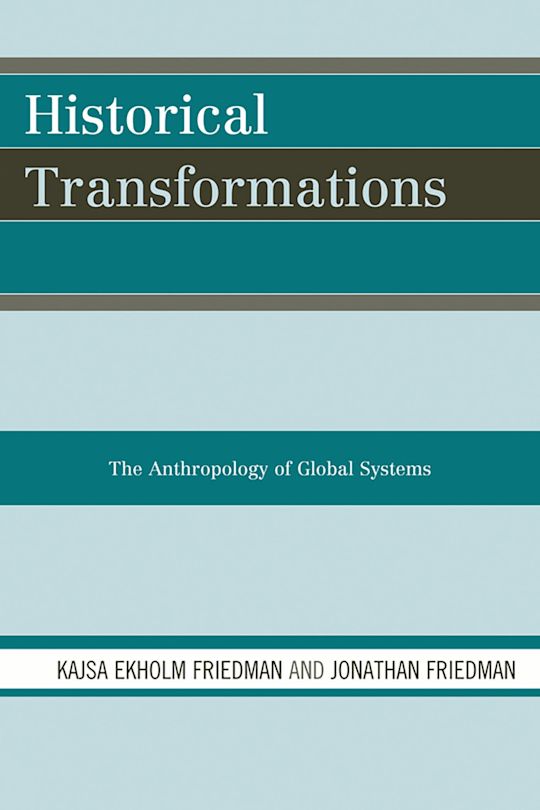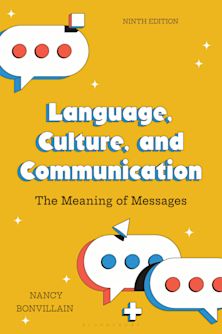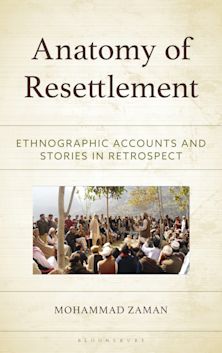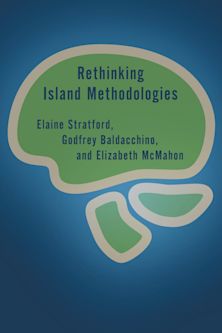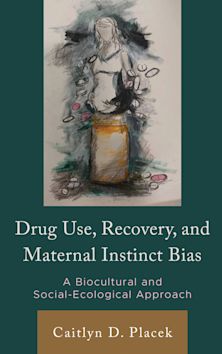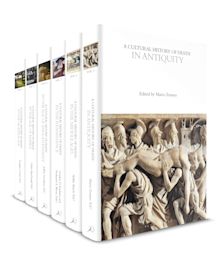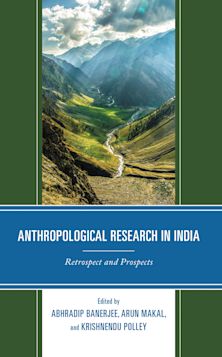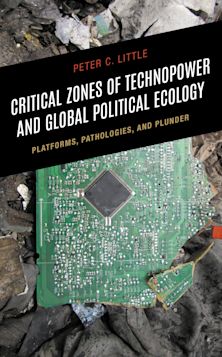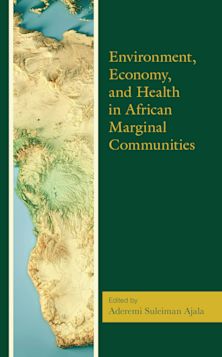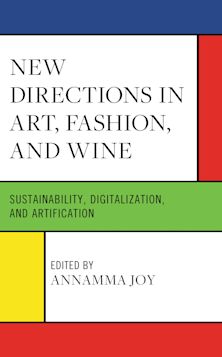- Home
- ACADEMIC
- Anthropology
- Anthropology - Other
- Historical Transformations
Historical Transformations
The Anthropology of Global Systems
- Textbook
Historical Transformations
The Anthropology of Global Systems
- Textbook
This product is usually dispatched within 3 days
- Delivery and returns info
-
Free US delivery on orders $35 or over
Exam copy added to basket
Choose your preferred format. Please note ebook exam copies are fulfilled by VitalSource™.
You must sign in to add this item to your wishlist. Please sign in or create an account
Description
Historical Transformations represents the work of two distinguished anthropologists over three decades on the history and importance of global thinking in the social sciences. The authors consider numerous examples for which local phenomena can only be understood within the contexts of global systems. Their multidisciplinary work touches on many aspects of social and individual life as well as long-term historical processes.
Table of Contents
Chapter 1 Marxist Theory and Systems of Total Reproduction
Chapter 2 Crises in Theory and Transformations of the World Economy
Part II: Global Process and Long Term Change
Chapter 3 The Study of Risks in Social Systems: An Anthropological Perspective
Chapter 4 Notes towards an Epigenetic Model of the Evolution of "Civilization"
Chapter 5 Structural Perspectives on the Bronze Age: Economic, Political and Social Integration
Chapter 6 "Capital" Imperialism and Exploitation in Ancient World Systems
Chapter 7 Transnationalization, Socio-political Disorder, and Ethnification as Expressions of Declining Global Hegemony
Part III: Structure and History: Transformational Models
Chapter 8 External Exchange and the Transformation of Central African Social Systems
Chapter 9 "Sad Stories of the Death of Kings:" The Involution of Divine Kingship
Chapter 10 Notes on Structure and History in Oceania
Chapter 11 Morphogenesis and Global Process in Polynesia
Product details
| Published | Dec 09 2011 |
|---|---|
| Format | Paperback |
| Edition | 1st |
| Extent | 330 |
| ISBN | 9780759111110 |
| Imprint | AltaMira Press |
| Dimensions | 9 x 6 inches |
| Publisher | Bloomsbury Publishing |
About the contributors
Reviews
-
In these essays, the authors critique materialist, evolutionary, elitist, and development theoretical approaches in archaeology and anthropology. It is most relevant for professional readers interested in the history of systems theory and Marxist discussions of capital and social reproduction.
Choice Reviews
-
Historical Transformations includes appraisals of Marxist, cultural materialist, and neo-evolutionary approaches to understanding modern and postmodern realms. It offers especially trenchant criticisms of most globalization theories, suggesting that they are largely biased ruminations of global elites. Yet out of the ruins of such questionable theory, Ekholm Friedman and Friedman formulate their own global systems theory. Drawing on only a few concepts-of which logic, social reproduction, and transformational analysis are most prominent-they craft an understanding of the world in which Bronze Age empires, Oceanic Big Man politics, Congolese kinship and witchcraft culture, and the postmodern West are explained by transformational analysis. In the end, the authors suggest that the postmodern world in which we live is one at the 'end of empire' when history has taken on a 'Kafkaesque quality.'
Stephen Reyna, University of Manchester









